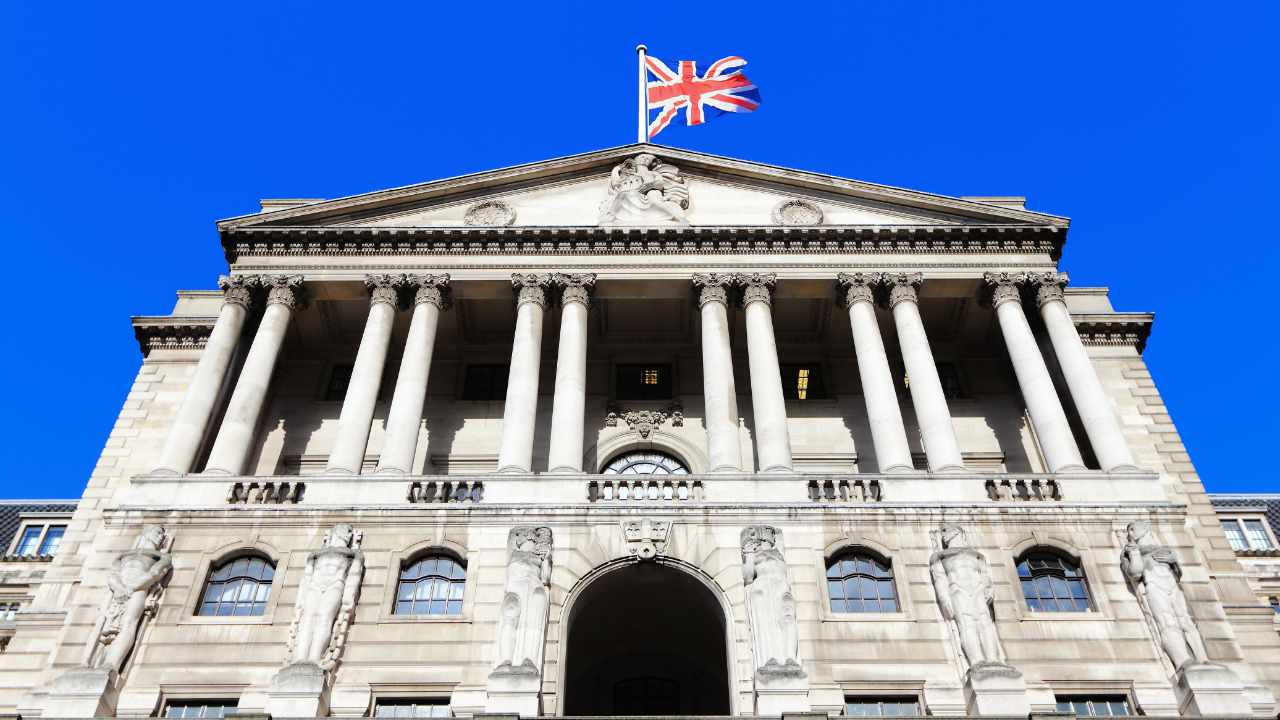
Bank of England’s analysts say crypto assets could have important roles within the metaverse. “Widespread adoption of crypto in the metaverse … would require compliance with robust consumer protection and financial stability regulatory frameworks,” they added.
Bank of England’s Analysts on the Metaverse, Crypto, and Regulation
Bank of England’s economist Owen Lock and policy analyst Teresa Cascino published a blog post titled “Cryptoassets, the metaverse and systemic risk” Tuesday.
“Cryptoassets could have important roles within the metaverse,” they began, cautioning:
The potential for systemic financial instability may arise if a decentralized, open metaverse develops.
“Widespread adoption of crypto in the metaverse, or any other setting would require compliance with robust consumer protection and financial stability regulatory frameworks,” they stressed.
Lock and Cascino explained that “The open metaverse will require a means with which to own and transact digital objects which are interoperable between virtual worlds,” elaborating: “We think cryptoassets are well placed to play an important role here.”
The details are:
A large open-metaverse could mean that households would have a larger share of their wealth invested in cryptoassets for metaverse-based payment or investment purposes.
Additionally, corporations might accept crypto payments to purchase goods and services. They may also sell digital assets in the metaverse such as non-fungible tokens for clothing (NFTs), they said.
Additionally, the authors pointed out that these institutions could increase their cryptocurrency holdings in case of an open-metaverse. This is when crypto assets are more attractive to investors and have a better infrastructure.
Lock and Cascino noted that “This evolution of the metaverse is uncertain,” adding that their view is a possibility, rather than a certainty.
“That said, were these exposures to materialize, a cryptoasset risk crystallizing could result in: balance sheet losses for households and corporates, an impact on unemployment, fire-sales of traditional assets from non-banks to meet margin calls on cryptoasset positions, and negative profitability impacts on exposed banks,” they warned.
“All else equal, the larger the size of the cryptoasset market, the larger the risks are and the more systemic they might become,” the authors concluded, emphasizing:
An important step is therefore for regulators to address risks from cryptoassets’ use in the metaverse before they reach systemic status.
Are you in agreement with the Bank of England economist? Comment below to let us know your thoughts.
Image creditShutterstock. Pixabay. Wiki Commons
DisclaimerThis information is provided for educational purposes only. It does not constitute an offer, solicitation, or recommendation of companies, products or services. Bitcoin.com doesn’t offer investment, tax or legal advice. This article does not contain any information, products, or advice that can be used to cause or alleged result in any kind of damage.